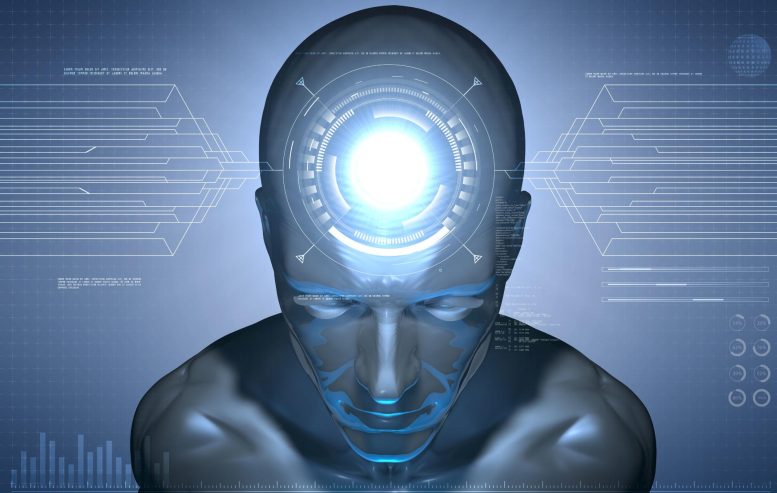
In the largest study of its kind, CU Anschutz scientists are advancing the development of a digital biomarker. This marker, identified through a wearable headband used at night, can detect early indications of Alzheimer’s disease from brainwave patterns.
Researchers from the University of Colorado Anschutz Medical Campus and Washington University in St. Louis have discovered a method to evaluate brain activity during sleep, linked to the initial phases of Alzheimer’s disease, often manifesting long before dementia symptoms appear.
This digital biomarker employs EEG technology, captured using simple headband devices, to identify brain wave patterns associated with memory reactivation during deep sleep, a crucial part of the memory processing system.
Study results recently published in Alzheimer’s & Dementia: The Journal of the Alzheimer’s Association identify a relationship between EEG readings and levels of specific molecular changes indicative of pre-symptomatic Alzheimer’s disease. Additional findings further demonstrate that early stages of mild cognitive impairment due to Alzheimer’s disease can be detected in the EEG signals.
Researcher Brice McConnell talks about and demonstrates how to use the wearable device his colleagues investigated in identifying biomarkers indicative of early signs of dementia. Credit: The University of Colorado Anschutz Medical Campus
“This digital biomarker essentially enables any simple EEG headband device to be used as a fitness tracker for brain health,” says Brice McConnell, MD, PhD, assistant professor of neurology at the University of Colorado School of Medicine and study senior author. “Demonstrating how we can assess digital biomarkers for early indications of disease using accessible and scalable headband devices in a home setting is a huge advancement in catching and mitigating Alzheimer’s disease at the earliest stages.”
In the largest study of its kind to date, researchers analyzed data from 205 aging adults, identifying measurable problems with memory reactivation in association with levels of proteins such as amyloid and tau that build up in Alzheimer’s Disease.
Sleep Memory Reactivations and Disease Indicators
“What we found is these abnormal levels of proteins are related to sleep memory reactivations, which we could identify in people’s brainwave patterns before they experienced any symptoms,” says McConnell. “Identifying these early biomarkers for Alzheimer’s disease in asymptomatic adults can help patients develop preventative or mitigation strategies before the disease advances.”
Researchers say this is an exciting step towards using wearables as digital biomarkers for disease detection. “We are just scratching the surface with this work, paving the way for affordable and easy-to-use devices to monitor brain health,” says McConnell. “This is proof of principle that brain waves during sleep can be turned into a digital biomarker, and our next steps involve perfecting the process.”
Reference: “Mapping sleep’s oscillatory events as a biomarker of Alzheimer’s disease” by Rachelle L. Pulver, Eugene Kronberg, Lindsey M. Medenblik, Vitaly O. Kheyfets, Alberto R. Ramos, David M. Holtzman, John C. Morris, Cristina D. Toedebusch, Stefan H Sillau, Brianne M. Bettcher, Brendan P. Lucey and Brice V. McConnell, 23 August 2023, Alzheimer’s & Dementia.
DOI: 10.1002/alz.13420
Never miss a breakthrough: Join the SciTechDaily newsletter.
1 Comment
Then people will have a use for that pistol they keek in the bedside drawer.